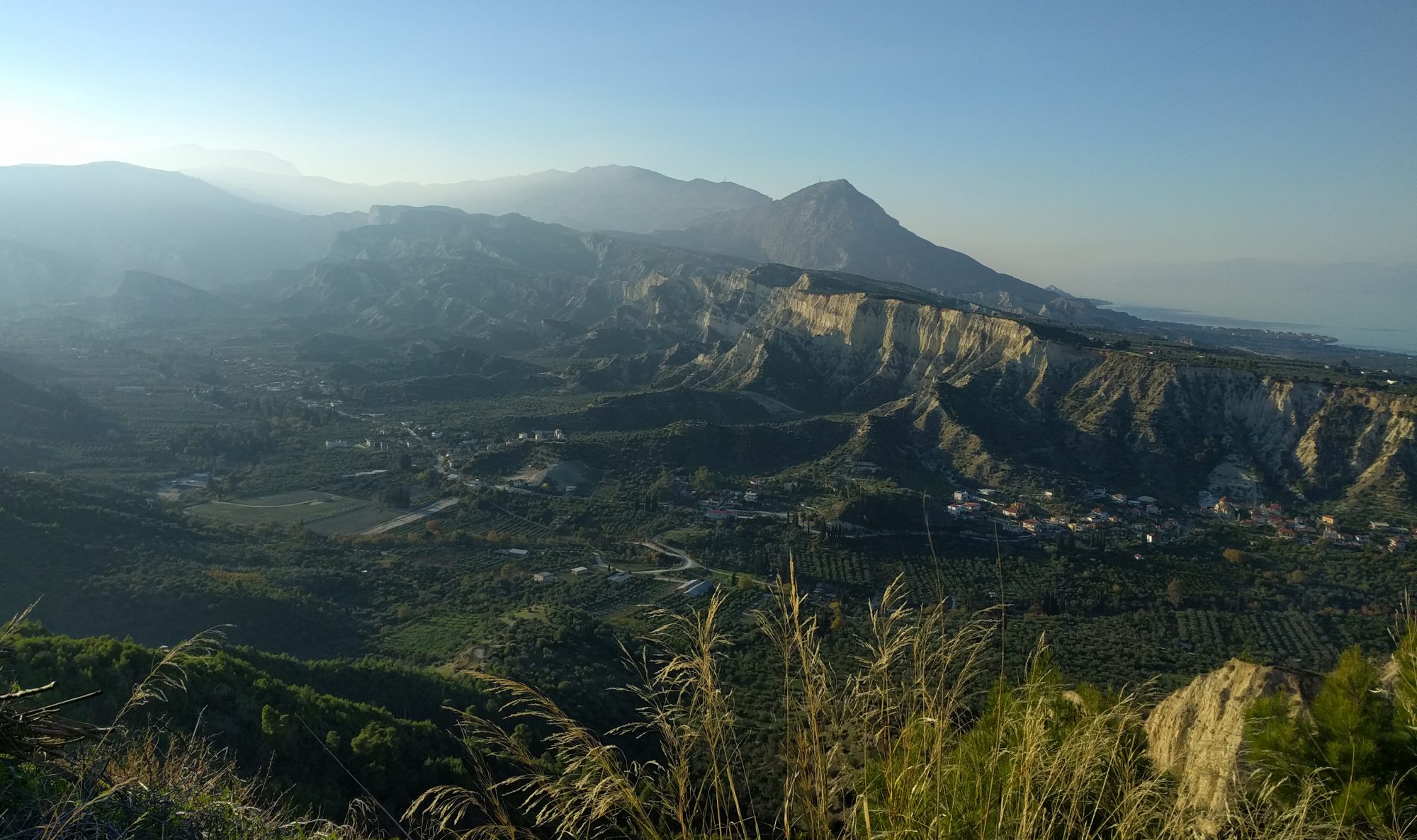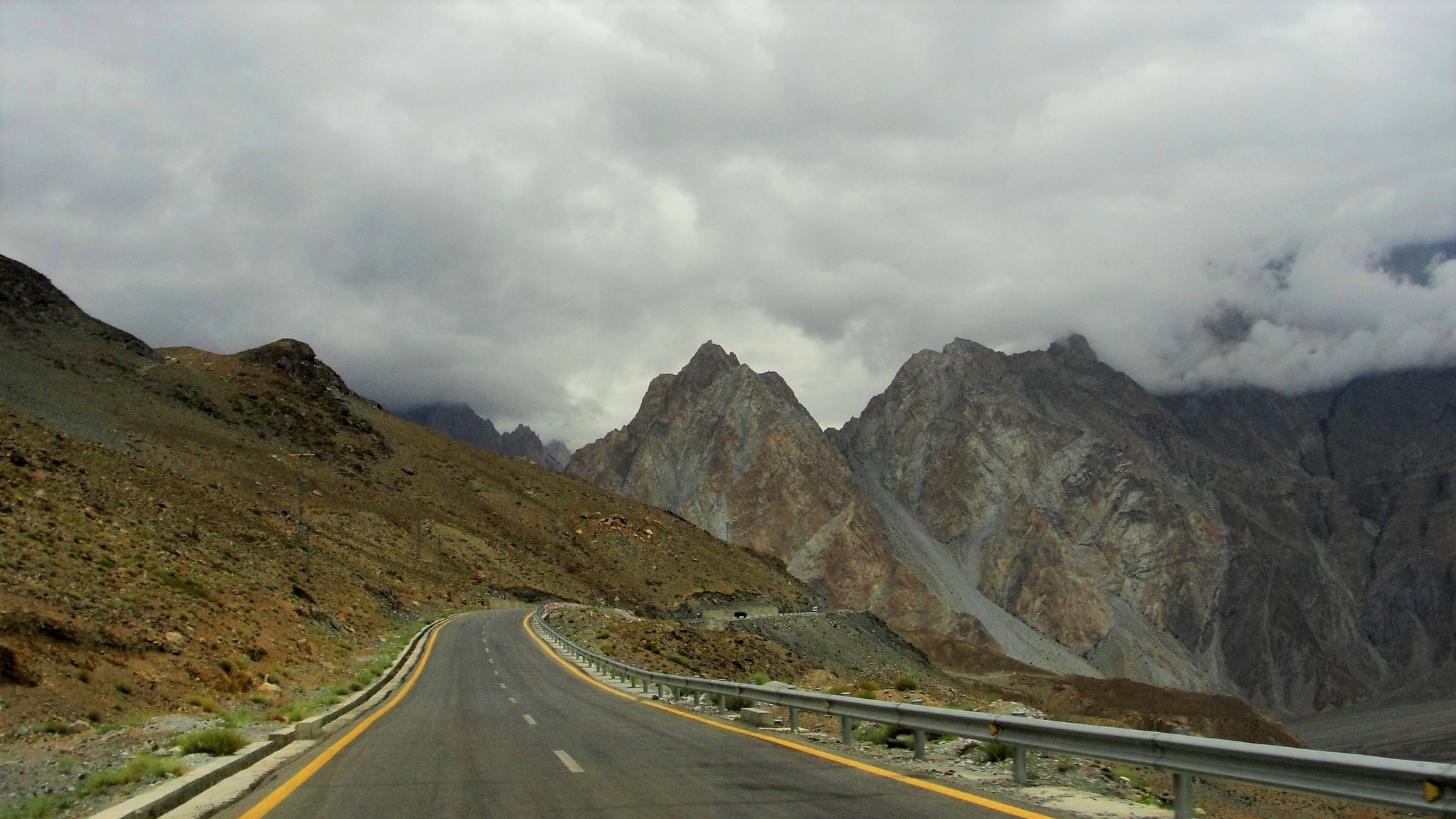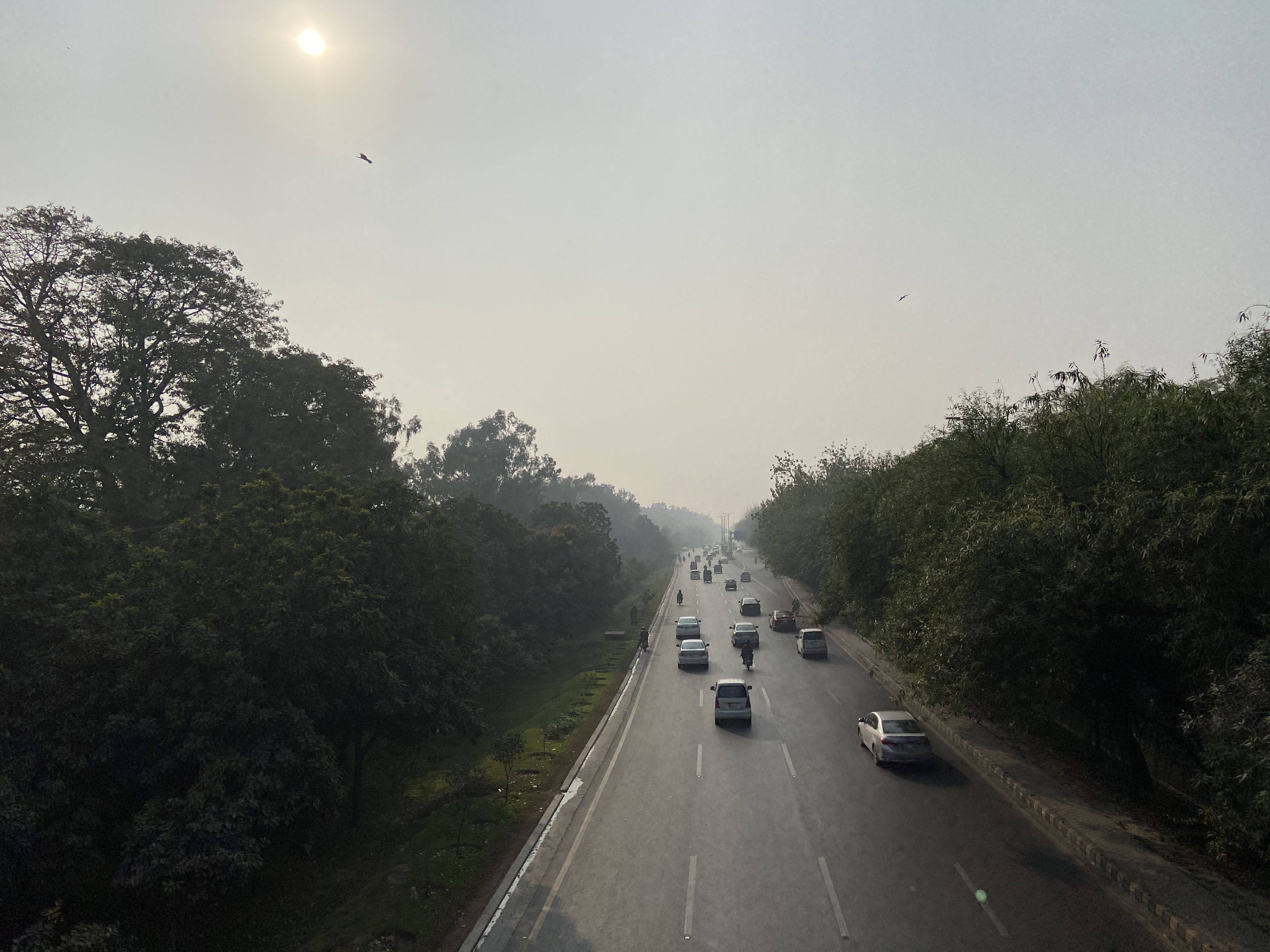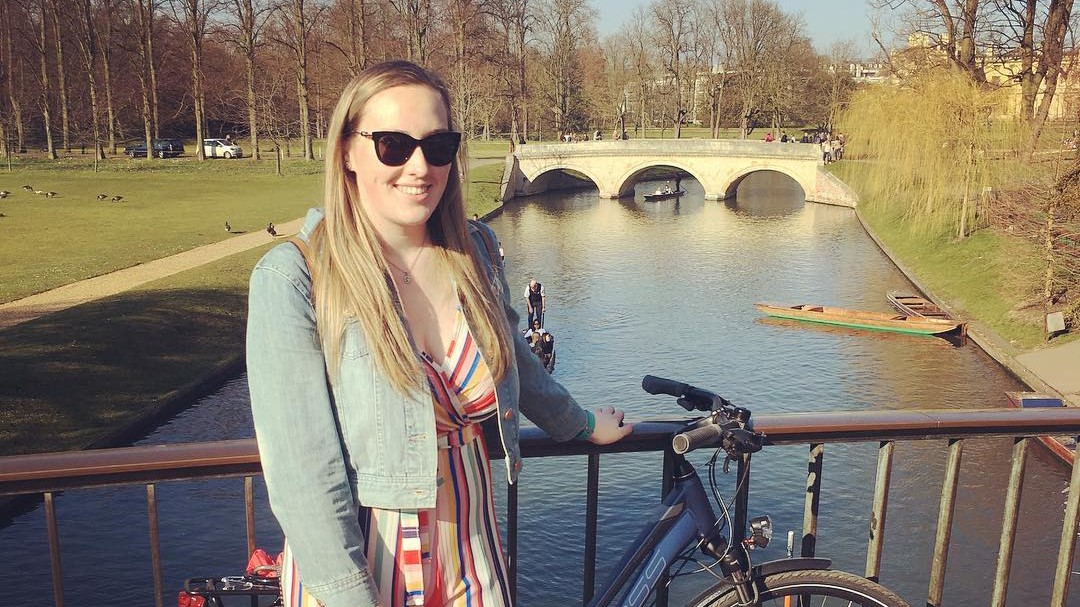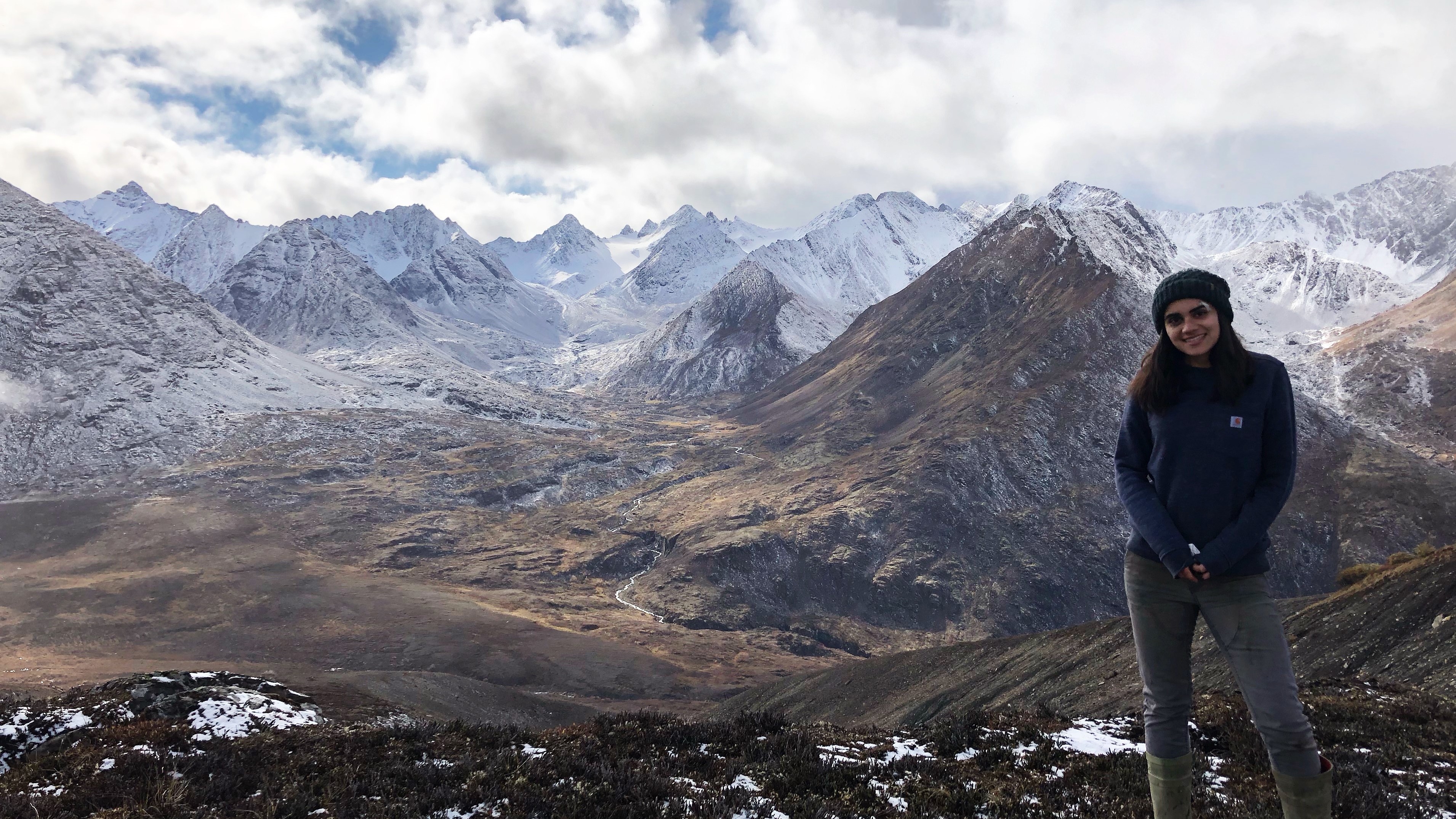The time sequence of building stone use in Cambridge shows the competing influences of function, fashion and finance in the city’s historic fabric. Now natural stone is poised for a resurgence because of its strength, durability and low embodied carbon.
Continue reading “History and future of stone use in Cambridge”In Conversation with Emilie Ringe
Emilie Ringe, Professor of Nanomaterials, has held a dual appointment between the Departments of Earth Sciences and Materials Science & Metallurgy since 2017. Emilie reflects on her research at the intersection of two disciplines with Erin Martin-Jones.
Continue reading “In Conversation with Emilie Ringe”Stepping from Science into Policy – Dorothea Moser on interning with the Government Office for Science
Dorothea is a fourth-year PhD student and polar ice core scientist based jointly between Cambridge’s Department of Earth Science and the British Antarctic Survey, where she investigates the characteristics of melt layers in ice cores and their potential for paleoclimate reconstruction. In Autumn 2023, Dorothea spent three months on an internship with the Government Office for Science. In this blog post, she talks about her experience.
Continue reading “Stepping from Science into Policy – Dorothea Moser on interning with the Government Office for Science”Cambridge seismology graduate named one of 2021 Top 50 Women in Engineering
Grace Campbell is an earthquake geologist and remote sensing specialist in Arup‘s Natural Hazard and Risk Management Team.
After gaining a Master’s degree in Earth Sciences at UCL, Grace moved to Cambridge to study – firstly for an MPhil in Environmental Science and Remote Sensing at the Department of Geography, then moving to Earth Sciences to undertake a PhD on earthquake hazards in central Asia.
Grace has now worked at Arup for 5 years, and was recently recognised as one of 2021’s Top 50 Women in Engineering. We caught up with Grace in the following blog post and heard more about her work on natural hazard and risk management.
Continue reading “Cambridge seismology graduate named one of 2021 Top 50 Women in Engineering”Meet the PhD student using tree leaves to mitigate air pollution
Hassan Aftab Sheikh is a first-year PhD student in the Department of Earth Sciences, researching air pollution mitigation. Erin caught up with Hassan and heard more about his interest in climate science in the following blog post.
Continue reading “Meet the PhD student using tree leaves to mitigate air pollution”Learning from earthquakes, protecting communities
A PhD student from our Department has recently answered a call to join an international mission to improve the understanding of earthquake impacts, response and recovery. Aisling O’Kane was selected as part of a team of volunteer engineers and academics investigating a destructive magnitude 7.0 earthquake and tsunami in the Aegean Sea. She was one of only two geologists selected for the mission and worked alongside structural engineers and response management experts.
Continue reading “Learning from earthquakes, protecting communities”Escaping the pandemic – my experience as an exploration geologist in Yukon
If you had the chance to escape from the ongoing pandemic to a remote exploration geology camp in northern Canada, 150km from the closest town and only accessible by helicopter, would you take it?
I came to Cambridge to start my PhD in January 2020 and, although I was warmly welcomed, things were at first pretty uneventful. However, this changed dramatically with the sudden onset of COVID-19. I chose to return home to Canada where I continued to work on what I still hope to be a lab-based PhD. However, there are, of course, limitations to research from a bedroom 5000km from Cambridge!
Continue reading “Escaping the pandemic – my experience as an exploration geologist in Yukon”